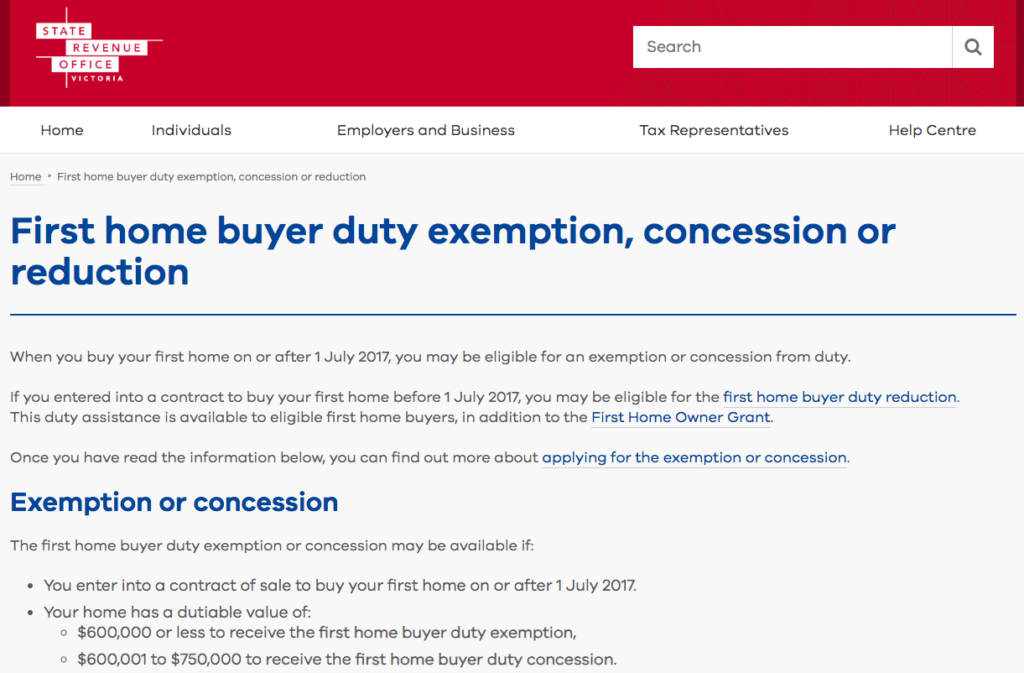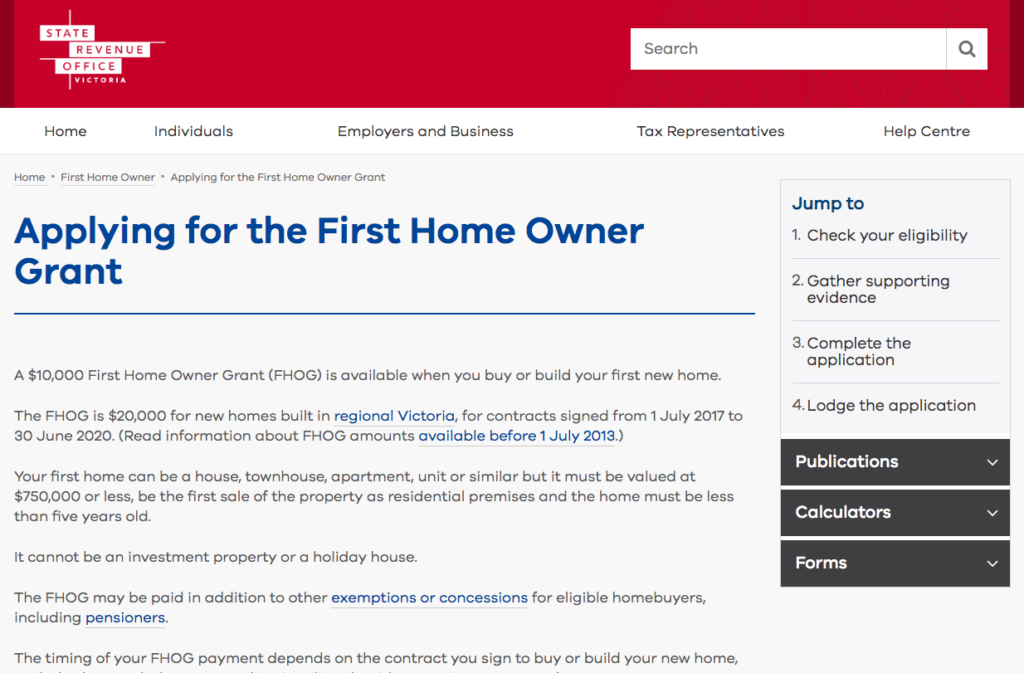We had a new purchaser client who recently signed a contract of sale with settlement due in just 30 days. Whilst the parties can agree on any time frame for settlement (sometimes this can extend to years), as a rule of thumb 30 days is pretty quick to get everything ready. Doable, but things need to go smoothly.
When we spoke to the client they explained that ’30 days is just the earliest date, otherwise we’ll just settle when we are ready’.
The problem is that isn’t how it works from a legal perspective. The settlement date in a contract of sale isn’t fluid, the parties should treat the date as set in stone. There are very onerous legal consequences that the parties may exercise if the other party isn’t ready to settle on time.
For tips on choosing your settlement period click here.
Let’s take a look at what happens if you’re not ready to settle on time from a legal perspective and what happens in a real world situation.
There are essentially three different situations that can occur to cause a delay at settlement.
The Vendor isn’t ready to settle
There are a number of reasons why the Vendor may not be ready to settle. This may be because of a delay in having their mortgage ready to discharge, failure to prepare and sign the correct documentation or they may physically not be out of the property.
Usually however the Vendor will be motivated to get ready quickly so they can receive the money under the Contract of Sale. In our experience it is only clerical (documentation errors) or issues with their lender that cause a delay, and they are usually remedied very quickly.
The Purchaser isn’t ready to settle
There are a number of reasons why the Purchaser may not be ready to settle. This may be because of a delay in having their funds ready to purchase the property or a failure to prepare and sign the correct documentation.
The main concern when settlement is delayed by the Purchaser is the money owing to the Vendor under the Contract of Sale. Interest on that amount is payable for each day until the property is settled. This is commonly referred to penalty interest.
To read more about penalty interest click here
If the Purchaser still isn’t in a position to settle and it becomes clear to the Vendor that they are not going to settle then they will issue a Default Notice which gives them 14 days to settle or they will exercise their full rights under the Contract of Sale.
To read more about default notices and to see an example of what one looks like click here.
Both parties aren’t ready to settle
If both parties are not in a position to settle then they can mutually agree to extend the settlement date to a time in the future they believe they will be ready. If this is the case then they will usually agree that no penalties will be charged since they themselves can’t settle, even though they know the other party can’t either.
What you need to remember is that the failure of any one of the parties representing the Vendor or Purchaser is treated as a failure on their own behalf. So if you’re bank isn’t ready to settle, that’s on you. If your conveyancer hasn’t had all the documentation signed, that’s on you.
The law for the purposes of a contract of sale doesn’t see the lenders (outgoing and incoming) or legal representatives as parties to the transaction, they are simply the team behind the vendor and purchaser. So make sure you choose the best team to represent you!










